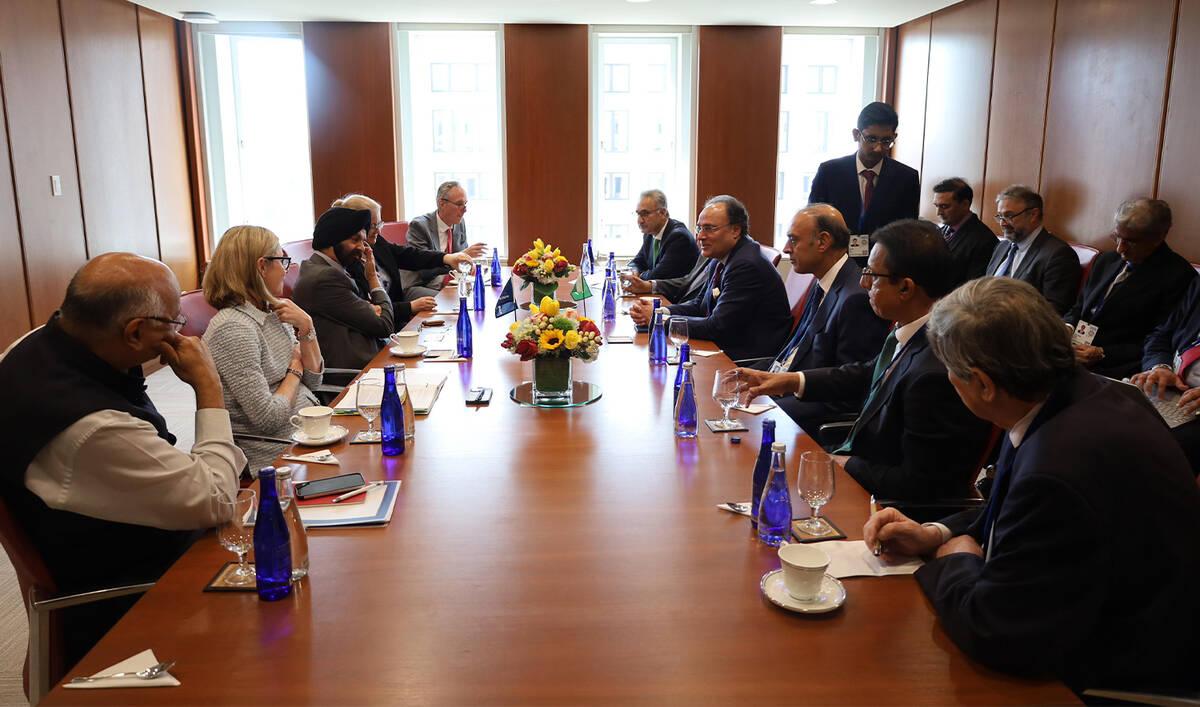NEW DELHI: Indian investigative agencies on Friday questioned a man they extradited from the United States and charged with being a “mastermind” of the deadly 2008 Mumbai siege.
India accuses Tahawwur Hussain Rana, 66, of being a member of the Pakistan-based Lashkar-e-Taiba (LeT) group, designated by the United Nations as a “terrorist” organization.
Rana, a Pakistan-born Canadian, has denied all charges — including waging war against India, conspiring to commit murder and acts of “terrorism.” He could face the death penalty if convicted.
New Delhi blamed the LeT group — as well as intelligence officials from New Delhi’s arch-enemy Pakistan — for the 2008 Mumbai attacks when 10 gunmen carried out a multi-day siege of the country’s financial capital.
Nine of the attackers died in the siege, while one captured alive was tried and hanged.
India’s National Investigation Agency (NIA), which accuses Rana of being the attack’s “mastermind,” took him into custody under heavy guard after he arrived in a special flight to the capital New Delhi on Thursday evening.
“Rana will remain in custody for 18 days, during which the agency will question him in detail in order to unravel the complete conspiracy behind the deadly 2008 attacks,” NIA said.
Rana, who served in the Pakistani army’s medical corps, faces 10 criminal charges including conspiracy, murder, commission of a “terrorist” act, and forgery.
Rana, who has denied the charges, is accused by India of helping his long-term friend, David Coleman Headley, who was sentenced by a US court in 2013 to 35 years in prison after pleading guilty to aiding LeT militants, including by scouting target locations in Mumbai.
Rana is accused of playing a smaller role than Headley, but India maintains he is one of the key plotters.
He was flown to India after the US Supreme Court this month rejected his bid to remain in the United States, where he was serving a 14-year sentence related to another LeT-linked attack.
India released a photograph of Rana arriving in Delhi, taken from his back, dressed in a brown jumpsuit and guarded by NIA officers.
India also accused Pakistan of direct involvement in the Mumbai attack and Rana of having connections with its intelligence agencies, charges Islamabad denies.
Pakistan’s foreign ministry spokesman Shafqat Ali said that Rana “did not apply to renew Pakistani documents over the past two decades.”




















